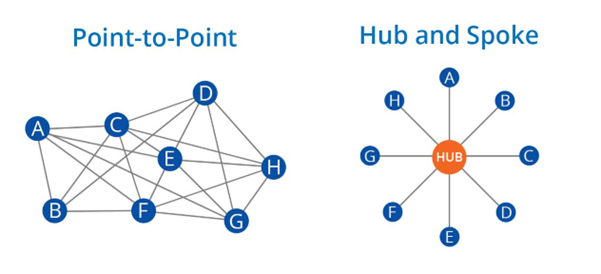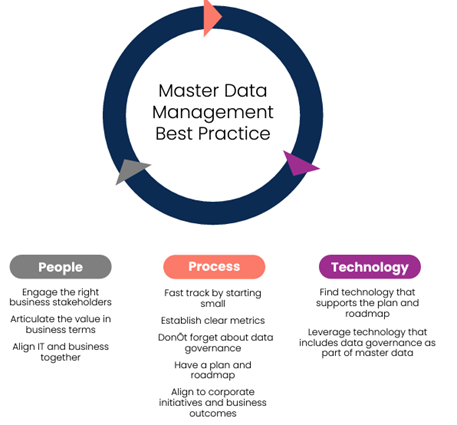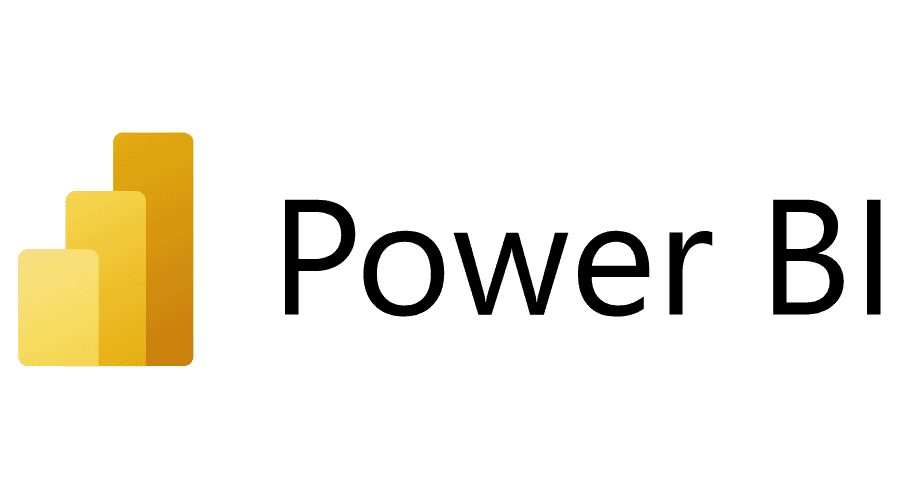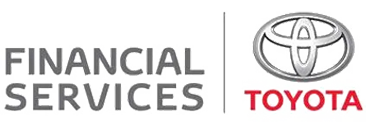In the early stages of my career with Adaptiv, I became curious about Boomi DataHub and Master Data Management (MDM). Through hands-on experience, I have since gained the knowledge to effectively use the platform and understand data management concepts. This blog is an in-depth look at how Boomi DataHub can enhance your data governance strategy and why it should be a key component of your data management toolkit.
What is Data Governance?
Data governance is the system of internal policies in which an organisation uses to manage, access, and secure enterprise data. Organisations will vary in terms of the complexity of their data, but this system is in place to achieve a common goal that aligns data-related requirements with business strategy: help people efficiently and securely use large amounts of data generated by multiple enterprises while safeguarding their data from unauthorised access. One cannot overstate the importance of data security; so in saying that, well-designed data governance not only involves data protection, but also the management of highly sensitive data throughout its entire lifecycle.
What is Master Data Hub (MDH)?
In the IT industry it is crucial that data is accessible, consistent, and secure. Organisations that rely on their data to act as their “source of truth” must invest in maintaining its integrity and security as they typically store the same information about an entity across multiple systems. To keep data up-to-date and accurate, companies need a comprehensive data management platform. Boomi DataHub, previously known as Boomi Master Data Hub (MDH), is a platform that streamlines and allows organisations to manage their data efficiently and strategically. It provides a unified view of master data which enables organisations to manage, integrate, and govern their data effectively within a single cloud-based platform. Boomi DataHub syncs data across systems therefore eliminating the need to build point-to-point integrations. Most organisations will hold data for a singular entity (e.g. employee) in multiple systems which could often lead to data being out of date or inconsistent. Each system should have a consistent version of the data, and utilising Boomi DataHub’s centralised data management guarantees that this is done. If data changes in one system (e.g. contact details), then it should be reflected in the other systems involved.

Image from: point to point integrations vs hub and spoke – Search Images (bing.com)
Key Features and Benefits of Boomi DataHub with Data Governance
1. Centralised Data Management and Data Quality
Boomi DataHub provides a centralised repository for master data. It is the authoritative source of truth as it consolidates from various sources and goes through a specific criterion to cleanse and filter through invalid data. This achieves greater consistency and accuracy across all business processes and operations. When using the Boomi DataHub platform, developers are able pull data from different sources and validate records based on match rules previously set down to the field level. For example, to ensure an employee record is unique, Boomi DataHub allows for a match to be made between multiple fields. The first rule will match by the first name and last name fields whilst also allowing for a third field match to avoid duplicates.
2. Seamless Data Integration
Effective data governance involves seamless integration between different systems and data sources. Boomi DataHub integrates with a vast range of sources and applications which allows data to flow smoothly.
3. Governance and Compliance
Not only does data governance involve the management of data quality, but it also complies with an organisation’s requirements. There are features that support this that include audit trails, role-based access controls, and data tracking. This maintains transparency and accountability in data management practices. Users in an organisation are assigned different levels of access which determine their privileges in Boomi DataHub. This level of access is flexible and will correlate with their involvement in the project. Data that is quarantined will also need to be resubmitted, so data stewards will be able to analyse, fix and resubmit data quality errors to the integration process.
4. Improved Decision-Making
Boomi DataHub provides a unified and accurate view of your master data. This encourages businesses to make more informed decisions. In addition to enhanced decision-making, better data visibility also helps drive the growth of the business. Boomi DataHub improves data analysis and reporting by delivering reliable and consistent data across an organisation. Users have the flexibility to choose how data is displayed and decide what is relevant to the business. Understanding the needs of your organisation will further assist in your decision to incorporate the Boomi DataHub services.
Boomi DataHub Best Practices
After implementing Boomi DataHub, long-term data management success depends on IT and organisation alignment, and ongoing data governance considerations. Along with the master data platform itself, people and processes are every bit as important to maintain this standard of management. Take on these best practice principles to maintain success with Boomi DataHub.
1. Create a strong business use case
IT and business professionals will be the first contact in identifying internal challenges and translating them into business use cases and opportunities. Business use cases should be documented to provide clarity on areas in need of development with the Boomi DataHub platform, thus starting the MDM journey.
2. Build out a clear roadmap – provide top-down support
When aligning IT and business stakeholders’ requirements, make note of priority pain points. What are the smaller milestones that can be addressed and improved? Track these metrics that contribute to the overall improvement and grow over time based on the previously proven success, lessons learned, and the constant application of best practices.
3. Grow a data governance framework
Work with the IT team and wider business to establish a data governance framework. This framework will manage the following (but are not limited to):
-
- Data Definitions
- Data Ownership
- Data Accessibility
- Data Accountability
Users can engage as data stewards with roles that draw on their expertise – this aligns data governance with the organisation. This kind of collaboration helps both teams better their understanding of objectives and optimal approaches.

Image from: https://boomi.com/content/why-master-data-is-vital/
In conclusion, Boomi DataHub provides an excellent solution to inconsistencies in data as it takes a preventative approach. A centralised platform like Boomi DataHub will improve data quality and management, leading enterprises to achieve greater data consistency and accuracy. Boomi DataHub naturally puts into consideration the data governance best practices previously addressed and will put organisations at ease when managing their data. With data governance practices already accounted for in Boomi DataHub, organisations make informed decisions based on data that is validated and trusted. As a developer in this digital age, it is reassuring that the Boomi DataHub platform handles the complexities of managing data with simple, easy-to-understand solutions that, in the long run, minimise financial, operational, and regulatory risk.



















